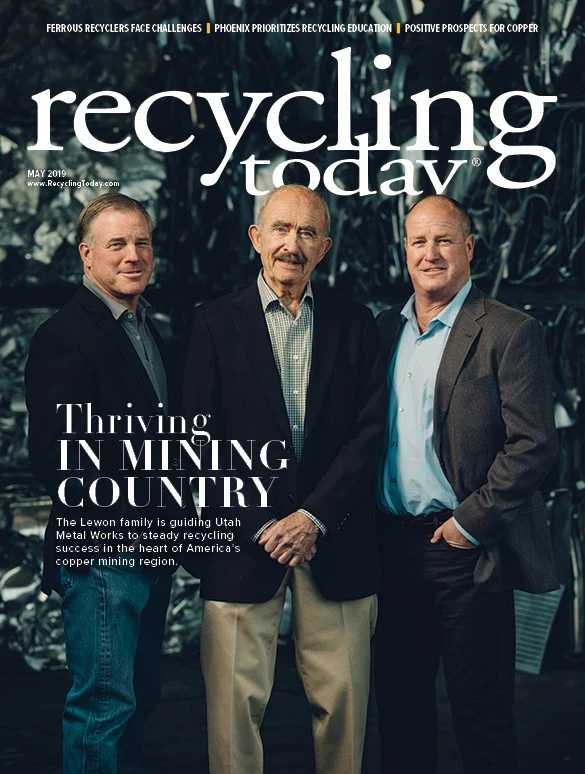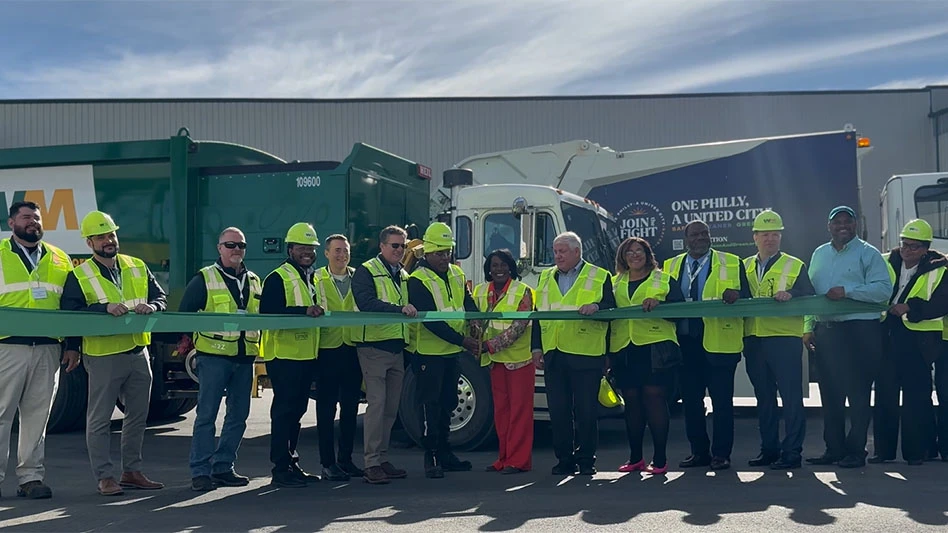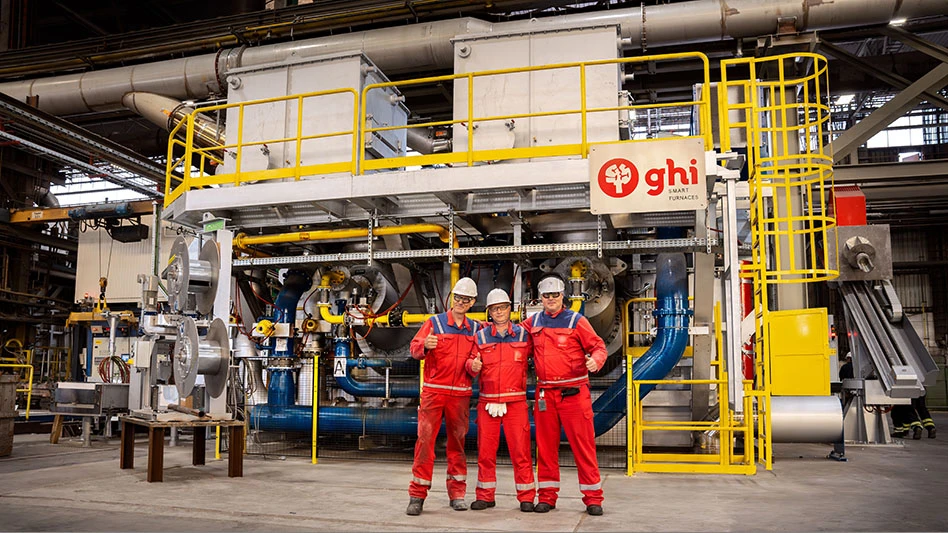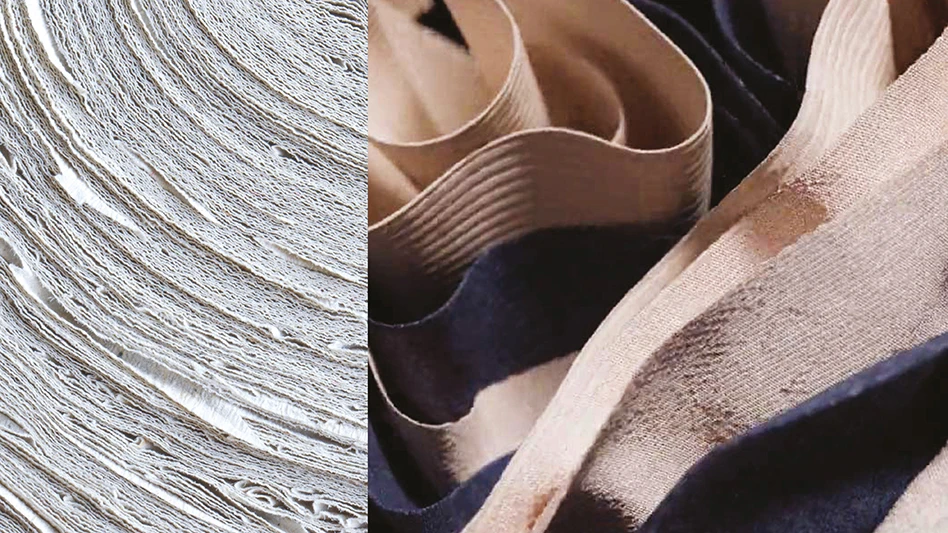Despite the uncertainty that characterizes copper and aluminum scrap markets currently, speakers at the Institute of Scrap Recycling Industries (ISRI) 2019 Convention & Exposition, ISRI2019, April 8-11 in Los Angeles, remained optimistic, envisioning future investments in processing technology and melting capacity within North America.
Tim Strelitz, owner and president of Los Angeles-based California Metal-X (CMX), a manufacturer of brass, bronze, engineered alloys and C87850 ingot using scrap, said he was optimistic about the future of domestic copper recycling. Speaking during the Spotlight on Copper, he said he believed more copper scrap would be consumed in the U.S. spurred by China’s restrictions on imports of this material.
“The Chinese are there for the Chinese” and will do whatever is best for them, Strelitz said, even if that means figuring out how to bring copper scrap back into the country. “China continues to be very much of an unknown commodity,” he added.

Jurgen van Gorp of Beerse, Belgium-based Metallo said China’s policies that no longer welcome certain types of copper scrap stimulate creativity. However, he also said the copper and brass packages that previously were shipped to China and now are being offered to his company are not truly the packages they are labeled to be. Instead, these packages require more extensive processing and upgrading prior to melting.
Strelitz agreed, adding that CMX has become very “adroit” at this, which lends efficiencies to the company’s melting operation.
CMX recently acquired Colonial Metals Co., a secondary copper smelter in Pennsylvania that closed in mid-2018. CMX has partnered with another California-based company, scrap metals processor SA Recycling, on the deal. Strelitz said Colonial’s processes were “excellent,” and, when coupled with CMX’s “innovative capabilities,” CMX has the chance to bring the plant back to full production. Strelitz said melting and casting at the Colonial plant were expected to begin in May.
“Across the world and not just in the U.S., government policy is really driving that supply- demand dynamic and its effect on the U.S. scrap business.” – Steve Deacon, nonferrous president for EMR USA
Steve Deacon, nonferrous president for EMR USA, Bellmawr, New Jersey, who spoke during the Spotlight on Aluminum at ISRI2019, said China was “the elephant in the room,” affecting demand for U.S. aluminum scrap. “We’ve seen that void filled not only by India but other emerging Asian markets.”
Investments are being made throughout the world on the secondary and primary sides of the aluminum business, he added, which should help to spur demand.
Andrew McKee, president of the Chicago-based Materials Trading division of Schupan & Sons, Kalamazoo, Michigan, said the wide spreads on aluminum scrap would attract new investments from secondary aluminum producers.
However, both men said government policy is playing a larger role in spurring these investments beyond supply-and-demand dynamics alone. “Across the world and not just in the U.S., government policy is really driving that supply-demand dynamic and its effect on the U.S. scrap business,” Deacon remarked.

Explore the May 2019 Issue
Check out more from this issue and find your next story to read.
Latest from Recycling Today
- ReElement, Posco partner to develop rare earth, magnet supply chain
- Comau to take part in EU’s Reinforce project
- Sustainable packaging: How do we get there?
- ReMA accepts Lifetime Achievement nominations
- ExxonMobil will add to chemical recycling capacity
- ESAB unveils new cutting torch models
- Celsa UK assets sold to Czech investment fund
- EPA releases ‘National Strategy to Prevent Plastic Pollution’





